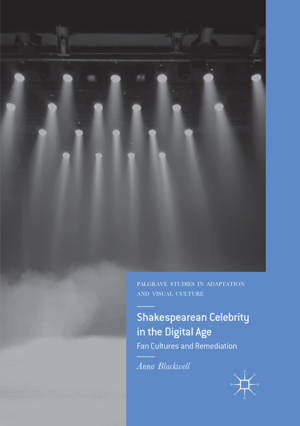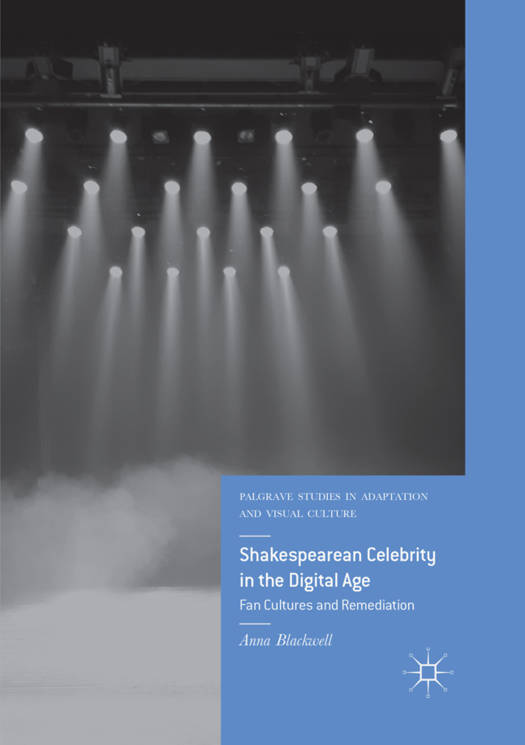
- Afhalen na 1 uur in een winkel met voorraad
- Gratis thuislevering in België vanaf € 30
- Ruim aanbod met 7 miljoen producten
- Afhalen na 1 uur in een winkel met voorraad
- Gratis thuislevering in België vanaf € 30
- Ruim aanbod met 7 miljoen producten
Zoeken
€ 89,95
+ 179 punten
Uitvoering
Omschrijving
This book offers a timely examination of the relationship between Shakespeare and contemporary digital media. By focusing upon a variety of 'Shakespearean' individuals, groups and communities and their 'online' presence, the book explores the role of popular internet culture in the ongoing adaptation of Shakespeare's plays and his general cultural standing. The description of certain performers as 'Shakespearean' is a ubiquitous but often throwaway assessment. However, a study of 'Shakespearean' actors within a broader cultural context reveals much, not only about the mutable face of British culture (popular and 'highbrow') but also about national identity and commerce. These performers share an online space with the other major focus of the book: the fans and digital content creators whose engagement with the Shakespearean marks them out as more than just audiences and consumers; they become producers and critics. Ultimately, Digital Shakespeareans moves beyond the theatrical history focus of related works to consider the role of digital culture and technology in shaping Shakespeare's contemporary adaptive legacy and the means by which we engage with it.
Specificaties
Betrokkenen
- Auteur(s):
- Uitgeverij:
Inhoud
- Aantal bladzijden:
- 188
- Taal:
- Engels
- Reeks:
Eigenschappen
- Productcode (EAN):
- 9783030072117
- Verschijningsdatum:
- 12/01/2019
- Uitvoering:
- Paperback
- Formaat:
- Trade paperback (VS)
- Afmetingen:
- 148 mm x 210 mm
- Gewicht:
- 249 g

Alleen bij Standaard Boekhandel
+ 179 punten op je klantenkaart van Standaard Boekhandel
Beoordelingen
We publiceren alleen reviews die voldoen aan de voorwaarden voor reviews. Bekijk onze voorwaarden voor reviews.











